Creating “Moments” So You Don’t Bore Your Reader
We’re looking at scenes right now, and in my last post I talked about creating each scene so that it’s an encapsulated moment for your character that plays out in real time and reveals something significant.
It’s All about the Moment
Actress Rosalind Russell was asked: “What distinguishes a great movie?” She answered, “Moments.” And that’s so true for scenes. We remember great scenes because they contain a great moment in them. Often that moment is not something huge and explosive. On the contrary—the best moments are the very subtle ones in which the character learns or realizes something that may appear small to the outside world but is giant in scope to the character.
No doubt you can think of great movie moments, such as in Casablanca (too many in there to list!) when Ilsa tells Sam to “play it again.” Or when Scout meets Boo in To Kill a Mockingbird. Or in City Slickers when Billy Crystal’s character is holding up his finger to indicate the meaning of life. One of my favorite moments is in Babe, when Farmer Hoggett at the end of the sheep trials looks at Babe and says, “That’ll do, pig.” Of course, these moments have been set up so when they play out they’re powerful, but you want to think how in every scene you must have some moment. This is what you’re building to—either some revelation of plot or of character.
Just Why Is Your Character There?
So maybe you’ve put together this first scene. Just why is your character there? What’s her reason or need to be in that place, that moment? What do you plan to reveal in that scene that is significant and important? These questions are especially important to consider when constructing your first scene because, as you now understand, you have to set up the visible goal and the MDQ for the entire book. So you need to pick a moment that will do this the best way. Too often the first few scenes of a novel aren’t doing this. The protagonist is off doing something, talking to someone, and nothing is really happening—at least nothing significant. There are no high moments and no natural sense of conclusion to those scenes. Writers may feel this is the way to show the “everyman” character in his ordinary world, but as I discussed in early posts, that is just plain boring. In next week’s post I’ll go more into scene structure.
This week, spend some time thinking of a situation that can launch your protagonist headfirst into his story, and focus on the moment that you want to build to. If you already have a first scene written, examine it to see if it’s really working. If you’re not sure, think of three other possible settings and/or situations you can place your character in that might help intensify the moment you need to effectively detonate your novel. Make sure it’s a terrific one, because, as you’ve learned, many agents and editors won’t read past the first few paragraphs.

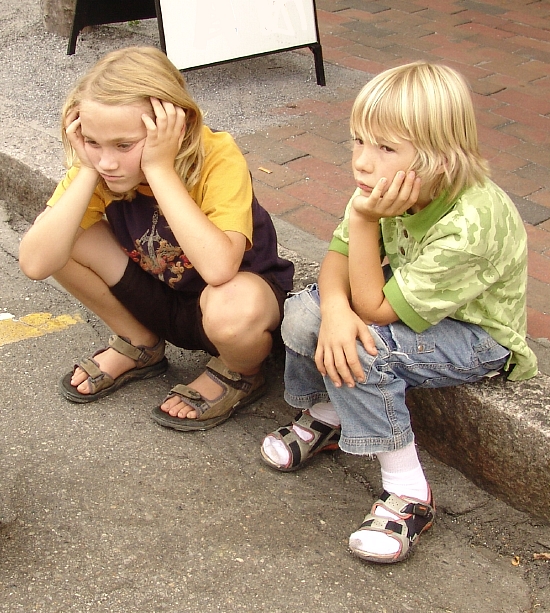

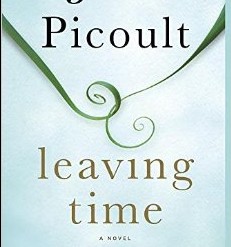
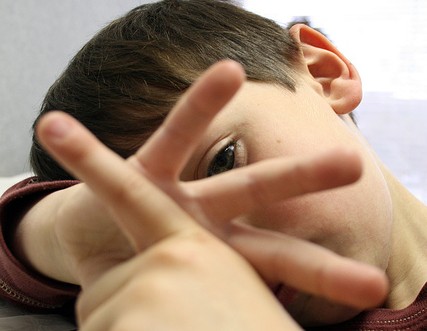
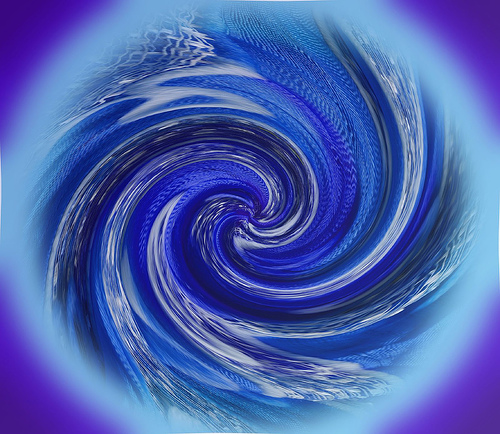
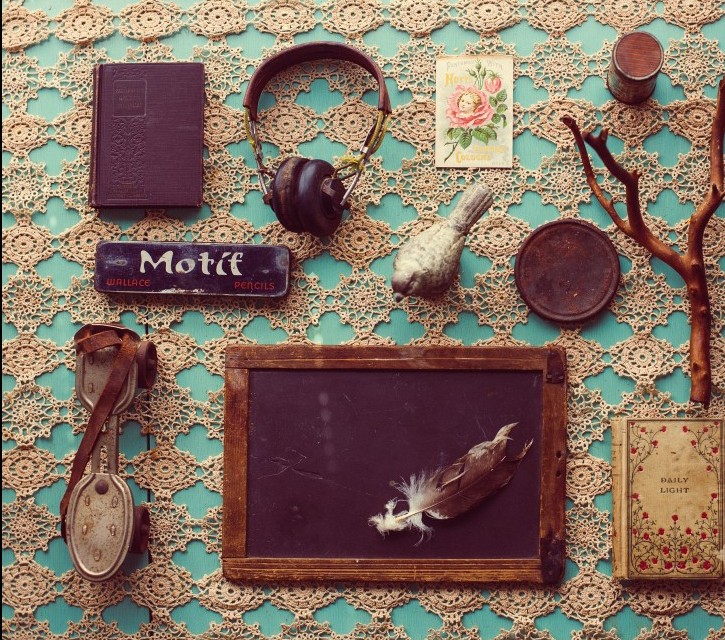
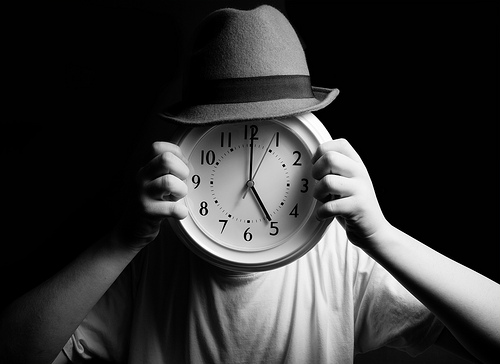




You have done your homework. Thank you for sharing your findings, suggestions and motivations!
This is something I had learned before but which had drifted towards the back, behind the rush of information my brain wants me to hurry onto the page. So thank you very much for the reminder and for your generosity in sharing your knowledge.
Thank you so much for sharing your ideas. I, too, had let this information become buried somewhere. This week I will re-work my opening scene as you suggested.
Trish
Your point about ensuring that your scenes have ‘moments’ in them, just as in movies, which reveal something important about the plot or character(s) is well taken. When we think of the pivotal moments we treasure in favorite books or movies, we know that they don’t always have to be overly large or showy. Sometimes it’s a line that shows the connection or understanding between the characters (or the lack thereof). Thanks again
The “moments” that we all remember and cherish are the payoffs of hours and hours and pages and pages of preparatory work. They are the punchlines, the home runs hit in the bottom of the 9th inning, the tips of the iceberg – that have been pre-thought, carefully crafted, hopefully inspired, and (usually) subtlely situated.
Every detail, act, character, and bit of dialogue should have a purpose, place, and time.
I recently read The Slippery Year by Melanie Gideon – she’s a master at finding and writing about these moments. It’s the subtlety that’s magical!
Thanks for sharing that. Will check into it!
Great post! I am going to go through my first few scenes of my WIP tomorrow to make sure the momements pack a strong punch.
This is a great post, sometimes I think too much on the big picture and not enough on each scene that creates it. I think it’s time I took a step back and look more at each moment for a time. Thanks!
Thanks! If you write an outline and give one line to each scene, and state the moment or high point for each scene, you can see what is missing or is not really tying in to the plot. Scenes have to string together, with each scene building to reach the climax of the plot and all subplots. As long as you know where you are going and what you are trying to achieve, you can create moments for each one of your scenes and make each one important. So often writers feel they need to fill the middle of their book with “stuff” just to get the reader to the end.
This is a really good idea, I’m going to give it a try. Thanks.
This is a great idea and one I will implement in my WIP too. I think the “moment” is just what I’m missing in a few of my scenes. You’re right makes the reading anti-climatic without.
That was such an inspiration because I’m trying to figure out how to make strong scenes in historical present, and still cover time. The advice on real time in a scene is really good advice. It’s like a little ‘pick-me-up’ 🙂
I love writing the little scenes that supply the reader with insight into a character. And some of my characters are four legged!
Really excellent advice. If a scene’s not “working,” this is probably why.
I agree–we definitely don’t want our writing to be boring. Thanks
for the ideas.
I agree–we definitely don’t want our writing to be boring. Thanks
for the ideas.
I definitely agree that we need moments but I often find the best moments are subtle and don’t hit you over the head with HEY DUMMY THIS IS A KEY MOMENT SO PAY ATTENTION or similar shouting. I find a lot of opening chapters suffer from this. I too prefer small touches, that resonate again and again and only grow more significant as the story progresses. The trick is getting there, tho 🙂
As I point out in other posts, I feel the BIG moment is often a very subtle one, but powerful. The best moments in movies and books are usually underplayed, but when you are writing a scene, you need to be aware of that moment you are building to. It will be either big or small depending on the story.
Wonderful suggestions here! You’re right – it is the moments we remember in stories and movies we love!
I agree about ‘moments.’ This is how I started my novel, Reichold Street.”
It was late August, 1962, when I first saw Albert Parker. After all this time I still remember the year quite distinctly. It was my second teenage summer, part of life’s first great transition, and I had been waiting months for something special to happen, something magical. Something like having Marilyn Monroe show up on my doorstep, wearing that flouncy white dress she wore over the subway grate in The Seven Year Itch. In my dreams she would ask me, in her breathless whisper, to take her.
At the time, I wasn’t even sure what that meant. Hell, it didn’t matter. Just having her show up would have been enough, as long as the rest of the gang saw her. Of course, Marilyn never came to 722 Reichold Street in Brickdale.
Albert did.
This is really great advice. I just started writing a novel and I’m up to 8,000 words so far. I’m definitely going to revisit the first scene and look at it from your perspective. =)
I’ve just been interviewed for a feature on another blog, and one of the questions I had to answer was – ‘What is your favourite film’? I found it so hard to answer because over the years I’ve enjoyed so many different films. But that didn’t help answer the question. So I then thought – ‘What was the most memorable moment in a film?’ Having consider that question I gave my answer as ‘A Few Good Men’. The scene with Jack Nicholson in a court room as an army General was exceptionally memorable, predominately because of his awesome acting. That single scene made a good movie into a great movie.
Yes, that movie has a great moment when he comes apart!
Interesting! I am just entering the world of fiction and so this is a whole new way of looking at things.
I challenge myself to go to the library and find ten examples of lead off scenes with memorable “moments” written into them. I’ll choose my favorite three and briefly consider what made them work.
I think I got this but I know I can always get better. Thanks for keeping us all on our toes.
I love this way of thinking. I’ve always made a list of scenes, with each scene’s “purpose” for the plot. But listing a target “moment” really extends that idea, and makes me think about how I am going to create intimacy with the reader in each scene. Thanks for this great post!
Great post…this is very informative. Thank you.
More great advice. I guess all good authors try to visualize the scene as they write. Some are obviously better at it than others. After a few glasses of wine, (I would use truth serum if it were available.) I often ask friends to describe a scene in one of my books to see if we are on the same page. The differences are sometimes alarming. Your questions:”Just why is your character there? What’s her reason or need to be in that place, that moment? What do you plan to reveal in that scene that is significant and important?” Could serve as a great checklist for authors to use when reviewing their work to determine if they accomplished what they had intended. Thanks.
I think the most fun in writing novels is to plan out the high moments of a scene and think how to build to it or twist it. Few writers really think from the moment outward, but to me it’s the best way to construct the novel.
Have you written a post on writing a high moment in a scene and building to it or twisting it? I would love to see that as a post article. Great blog, Susanne!
Hi Tina, I mentioned it in many posts on the blog last year, and will be going more in depth in this course with examples using specific camera shots, so stay tuned!
This was short and sweet! I loved it! I can see as my writing has progressed where I’ve grown at this naturally, but it was really nice to have words for what I was doing. Moving forward, I can make a conscious effort to be sure I’m writing this kind of significance into every page.
Hi Susanne,
The way I look at it is this: every sentence should move the story forward. If the sentences don’t have a specific purpose, the book doesn’t have a road to follow. And as a result the story may end up getting lost.
Fantastic post. A great tool to help shape scenes and move plot, and an even better tool to help me cut the fluffy stuff in between. Thank you for posting this.
I’m bookmarking this token of information. It gives stories that extra push to make readers really feel for the characters.
Glad to know that I’m “doing” this … ahhhh, been reading too much, gleaned this thing from another’s writing.
I believe that all art, whether image, song, film, or writing, when based on life is created as a memorial to a moment. Such art, when it reveals our own truths, can exist as a gateway to new perspectives for its audience.
Pam Richards
I agree that creating moments helps the reader to understand characters and keep them involved in the story. Let’s not go overboard and feel the need to create moments in every other paragraph. But, there are scenes where both big and small things occur that the reader latches onto for the entire book. In my Curse of the Shamra when Dara finds out her best friend has died she goes deep into the swamps and has to confront her feelings of guilt and inadequacy as well as loss. It’s a moment that changes her forever and propels the story … and one the reader will both react to while reading the scene and chapters later when Dara is still responding to her sense of loss in the swamps.
Thanks for this so succinctly put tip. It gets right to the heart of the matter and inspires.
I found this very helpful – I have been trying to make sure I get to the emotional heart of each scene but I like the idea of imagining it also as a cinematic “moment”.
I just saw “Silver Linings Playbook” at the cinema last week and this post immediately made me recall the scene where he chucks his copy of Hemingway out of the window in a rage…I LOVED that moment!
totally agree with this! it’s very easy to drift off during a scene and lose the ‘moment’ – having a moment in focus helps to keep the plot on track as well as drawing out the personality of your character. Enjoyed the post – pay me a visit sometime.
Having just completed my first novel, these gems of wisdom are invaluable for the next one.
Am a bit confused about moments which relates to time and scene which relates to space further illustrations or full examples of what great moments from aspecifique movies or novels could help to dispel my confusion
A well-structured scene will be a mini novel, with a beginning, building in the middle to a high moment, then resolution or hanging ending. Your high moment is the point of your scene. Every scene needs to have a point to it or it has no place in your novel. Scenes need to move forward revealing plot and/or character necessary to support the premise and lead the protagonist toward his/her visible goal for the book. So think about what you mean to reveal in each scene and create a moment where that revelation is achieved, either through action, thought, or implication. Make sense?
Great post and good points!
Also, as I was reading, just as you mentioned Babe I thought of the “That’ll do pig” moment!
It is so true and something I never thought of before. Thank you.
Vicki
Exactly what I love in a great read, not action, plot device or intensity, but special moments that stay long after the past page is turned. They are often the passages I go back to and reread and mark to find again.
As a writer, they are the holy grail, great post!
Thought provoking questions are what I needed out of this post today to help me “create moments”. So many times I hear about writing a scene, but no one ever thinks of it as a moment. Thanks for the thoughtful insight!
I’m having a little bit of a struggle on the third book of my trilogy (classic problem), this post got me to thinking about “moments,” which I’m actually pretty fair at creating. Thanks.
I do love these moments in literature, and I appreciate the comparison with TV shows and movies. The moments that matter to readers or viewers stick in our heads and are endlessly quotable. One only has to go look at TVTropes for five minutes (which will undoubtedly become five hours) to see how eager we are to remember and share the moments that strike us. I think this is where beta readers are so useful – even if you know what you’re doing in terms of writing mechanics, you want to know that there are other people who connect to what you are creating. If beta readers, or better yet customers, start telling you their moments, you know you’ve succeeded.